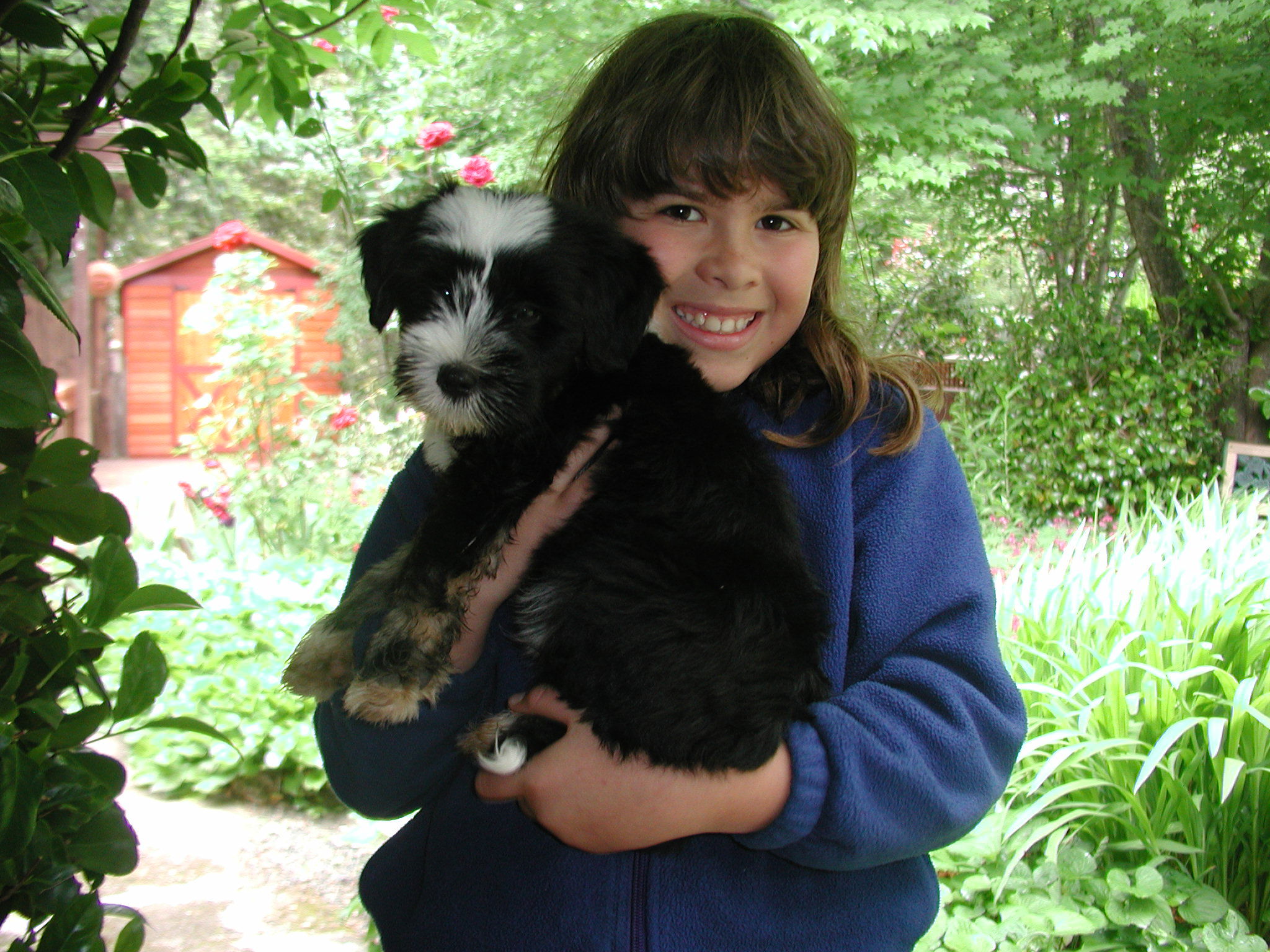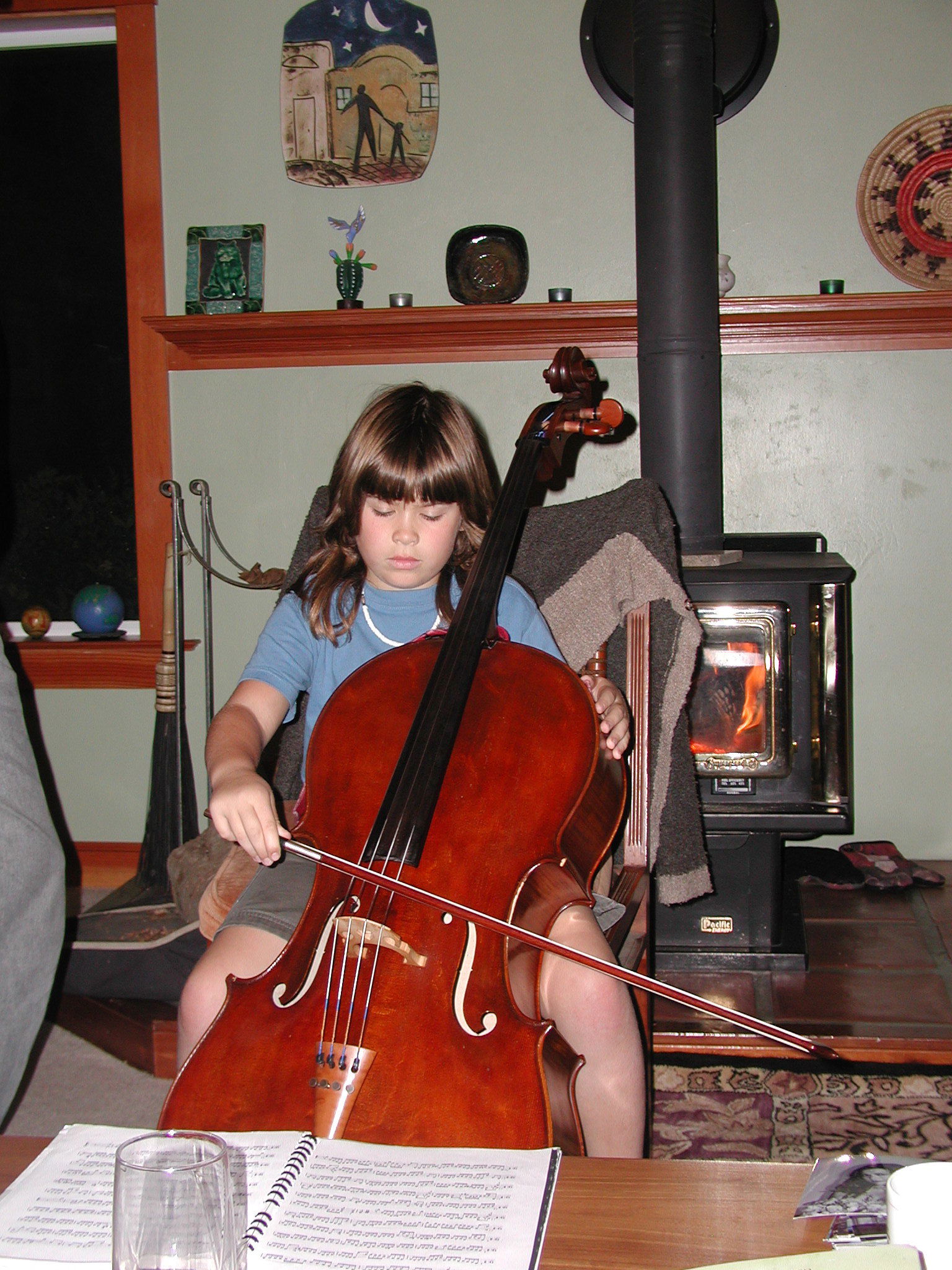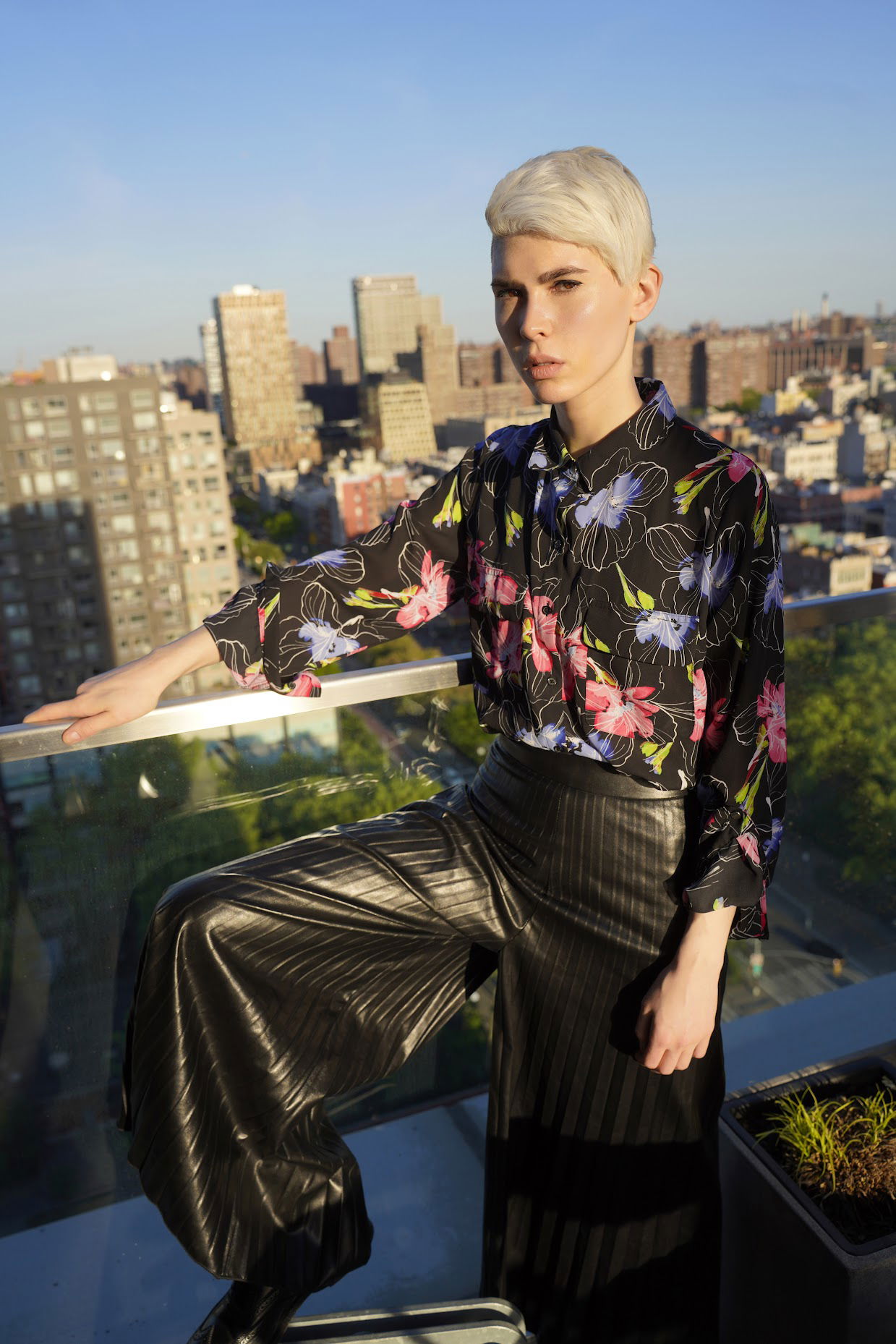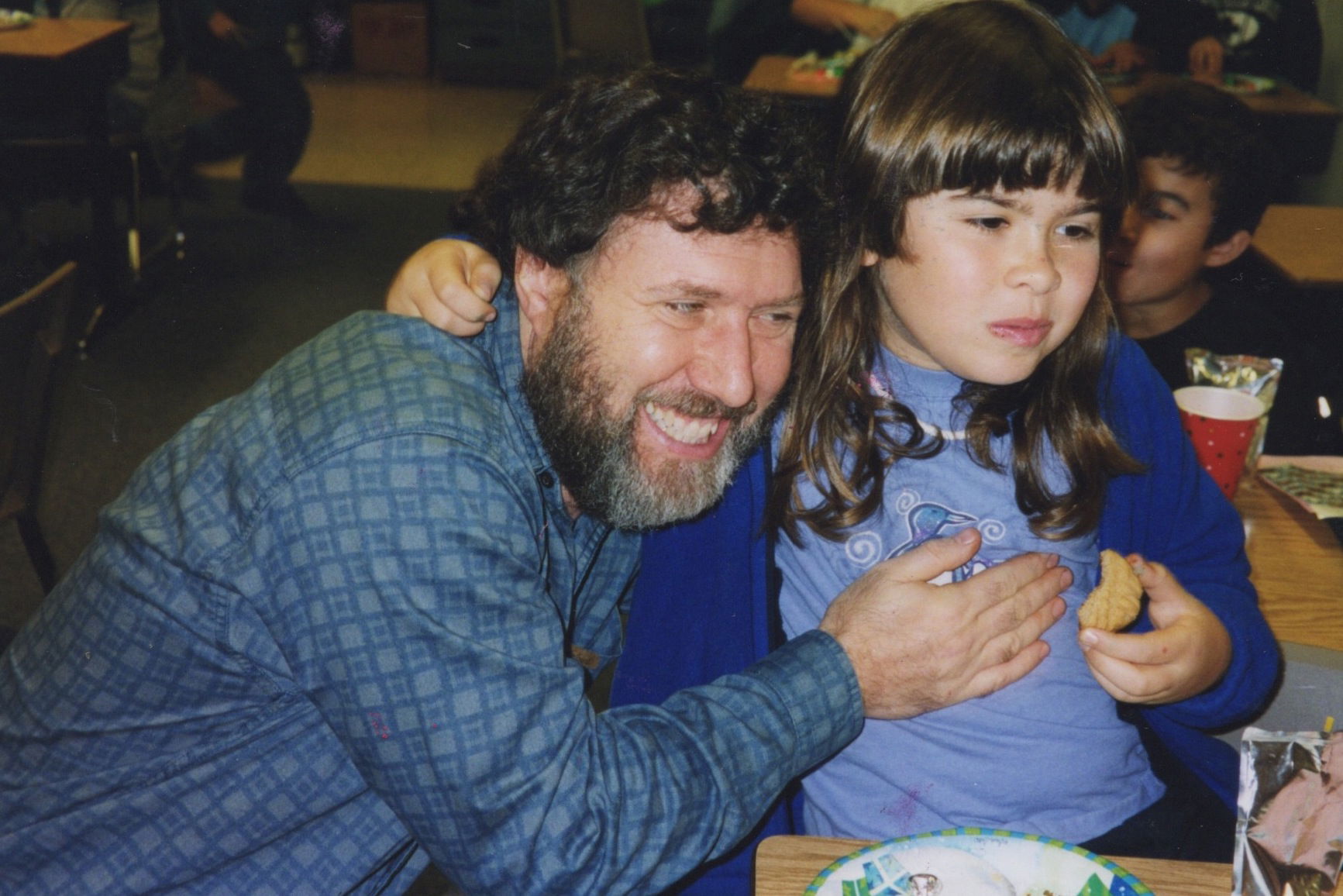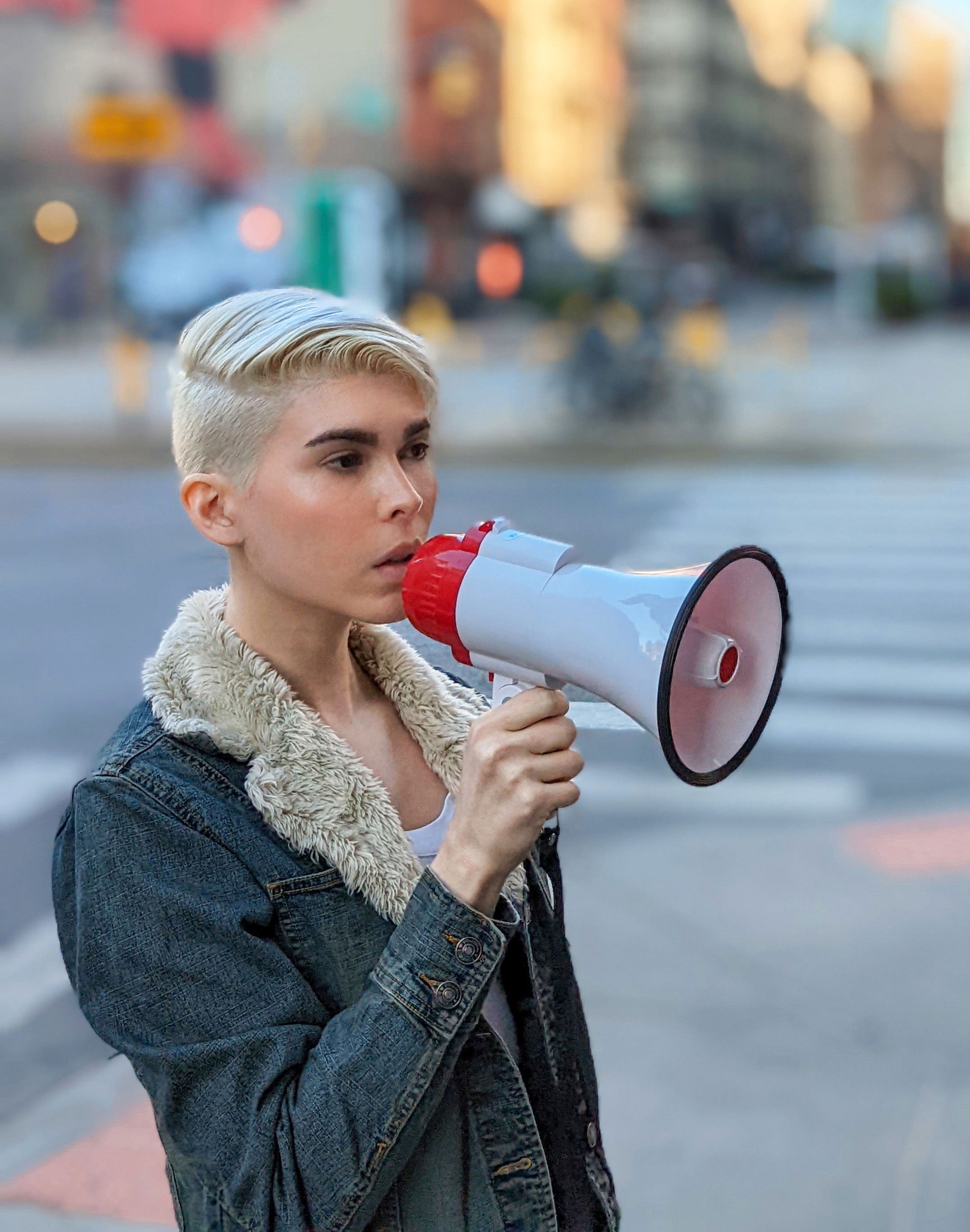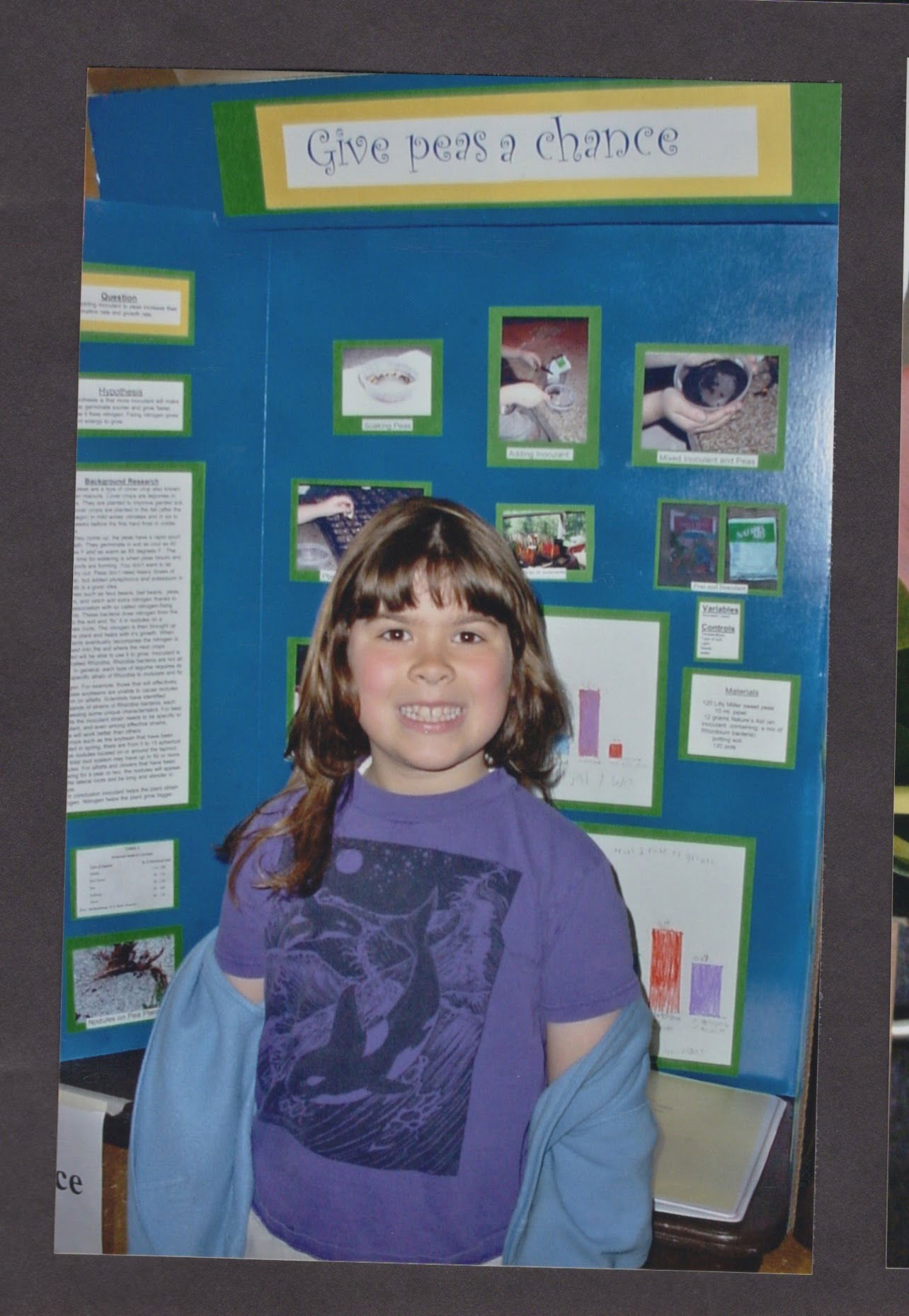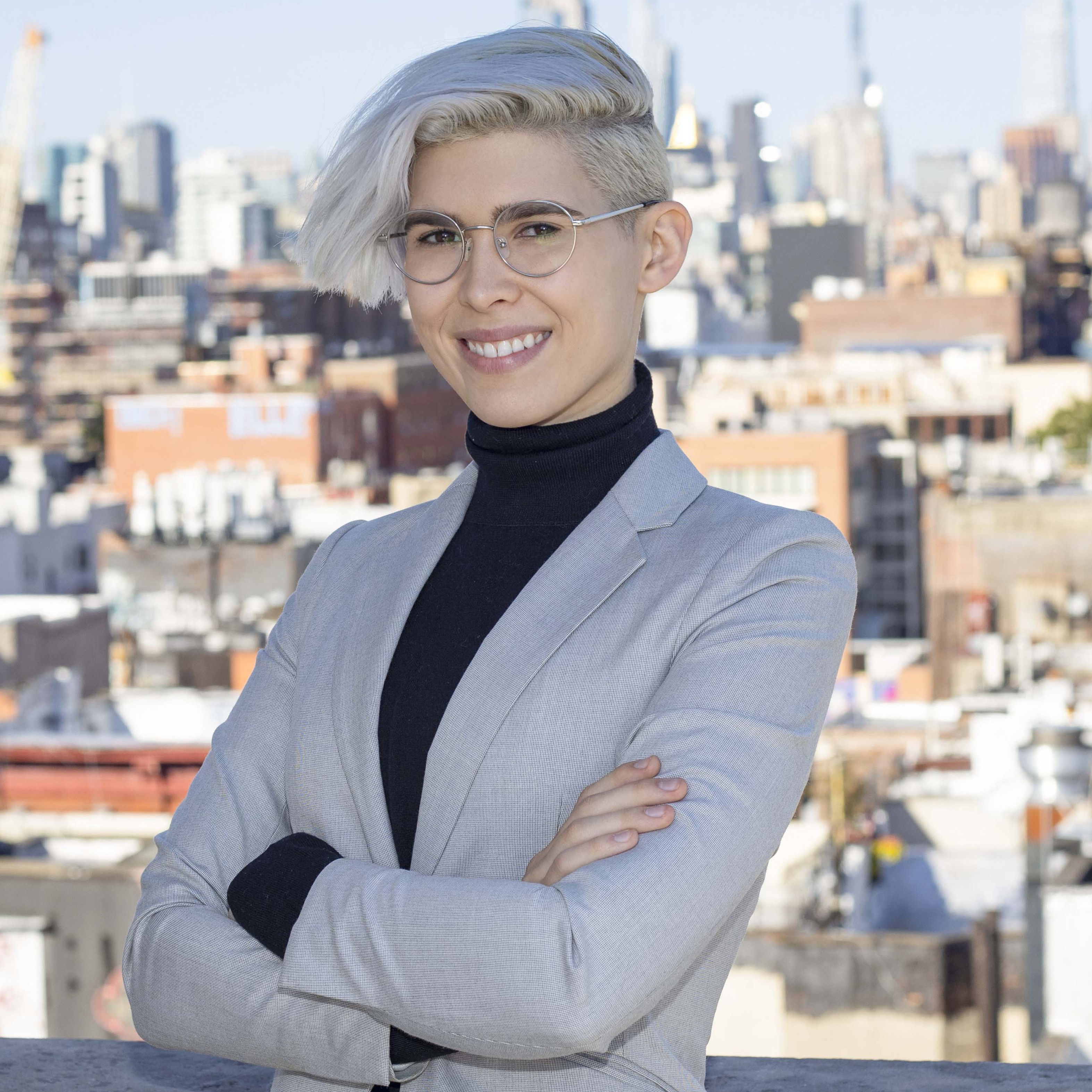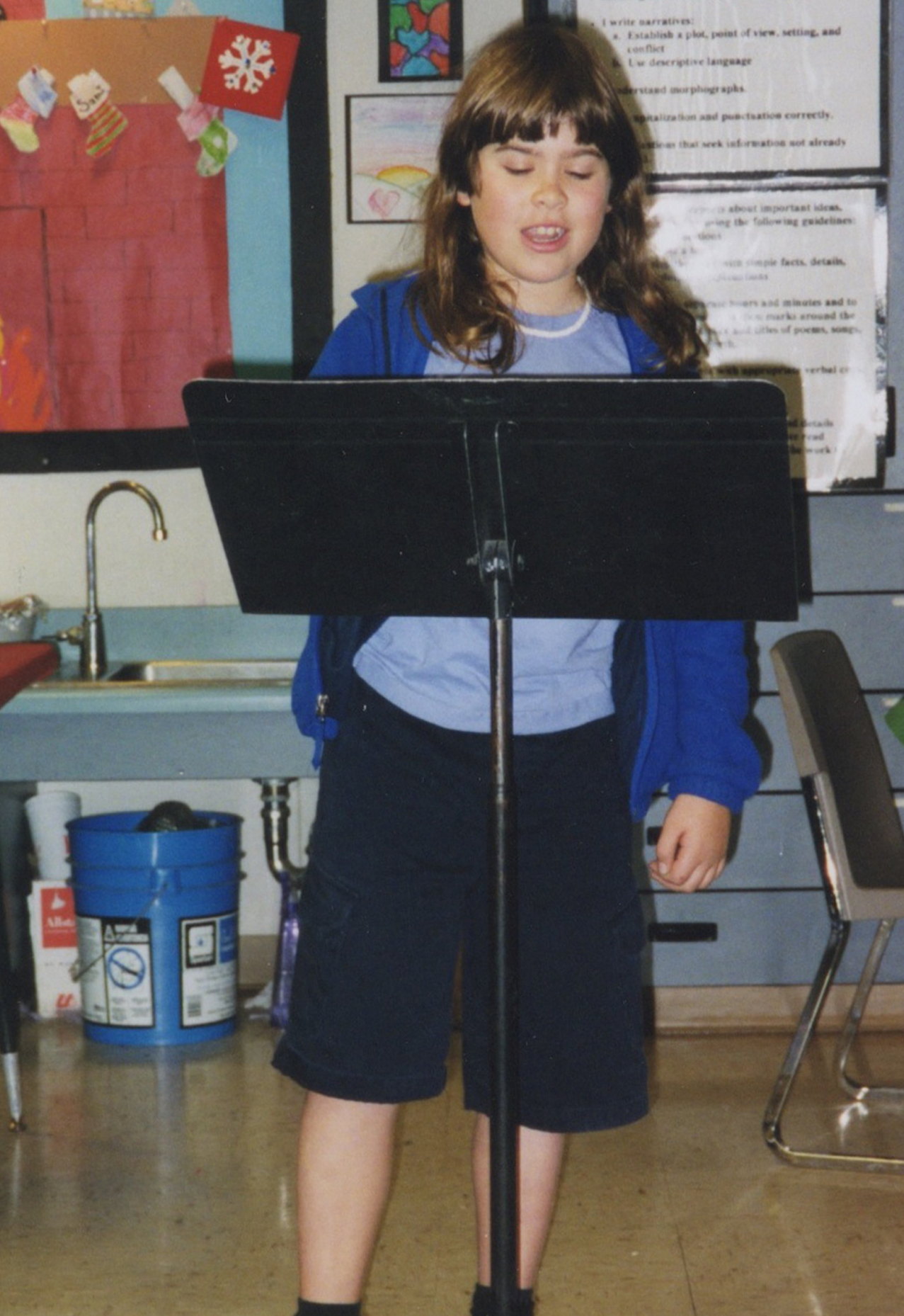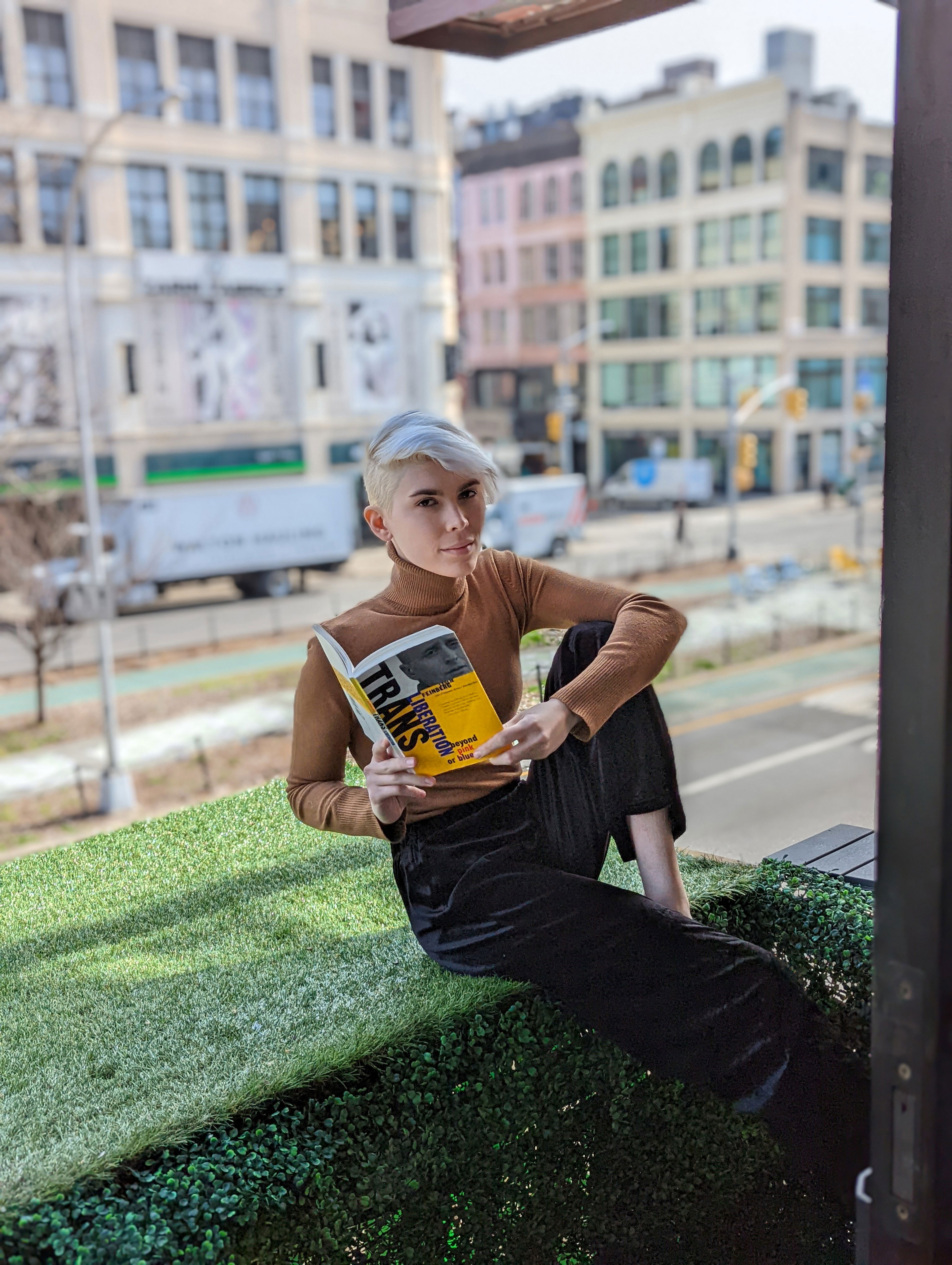Eli, 27 she/her/hers
Q. What is your name, age, pronouns and how do you identify? Please include any intersectional identities that are important to you and your lived experience. Where did you grow up?
A. My name is Eli Erlick, I'm 27 and a queer trans woman. I grew up in an extremely isolated, rural community in the mountains of Northern California.
Q. How old were you when you first became aware that you did not identify with the sex you were assigned at birth? What are your earliest memories of being different from cis kids?
A. I first realized I was trans when I was eight in 2003. It's almost inexplicable: I don't know exactly how I knew. But I just knew that I was not a boy and would rather not be treated as such.
Q. What messages did you receive from others about your gender expression? Was it positive, negative or a mixture? Did you try to conform to gender norms and if so, how did this impact you?
A. I received almost entirely negative feedback for expressing my gender. It was difficult because I did not know the word trans when I first came out. I thought I was the only person like this and was constantly told there was something wrong with me. I quickly became depressed and withdrawn due to this harmful rhetoric and my subsequent social isolation. I would sometimes act out or pretend to be sick just to avoid being bullied at school. I would periodically stop announcing myself as a girl over the next few years, but I could not bring myself to wear clothing that would make others see me as a boy. Boyhood felt so wrong and repulsive to me. It was like every time I was called "he" it was an insult to my very being.
Q. How old were you when you discovered language to describe your trans experience? How did discovering language to explain your relationship to gender impact you? How did it impact you to discover that there were other people who also felt similar to you? What were your earliest representations of trans people?
A. I was a preteen, sometime between 5th and 7th grade, when I learned the word transgender. That changed everything. I realized I wasn't alone and there was a whole community of people like me out there. At first, I didn't accept that I, myself, could be one of them. They were all older people from major cities. I didn't see anyone like myself in the country, growing up in a (cisgender) vacuum. But I knew that's who I could - or - would become.
Q. When did you come out as trans? What was this experience like for you?
A. The "coming out" narrative has plenty of flaws, particularly the idea that it only happens once and we know exactly what we come out as. I first told people, "I'm a girl and I like boys and girls" when I was eight years old. I did not have the language of "queer trans woman" yet. I continued telling people for five more years before it really stuck in my community that I wasn't changing. I continue to "come out" to this day while explaining my gender and sexuality to people, albeit in much less dramatic circumstances. Opening up about my identity was difficult but rewarding. There is a certain power in telling others who you are; you refuse to deny your being to both them and yourself.
Q. Were you able to access what you needed in order to socially and/or medically transition at that time?
A. I began asking people to call me a girl and use "she/her" pronouns for me starting when I was eight. I began wearing skirts to school and wearing lip gloss to class around this time. I finally began medically transitioning when I was 14 with doctor's appointments. I took estrogen and testosterone blockers soon after. It was difficult because of all the regulations at the time but worth the large number of healthcare appointments to finally be myself.
Q. Is there anything you would like to say to trans youth reading your story?
A. Don't let other people tell you how to identify. They can't stop you from being you.
Q. What would you like to say to people who believe that it is wrong to provide trans youth with gender-affirming care?
A. Every major medical organization agrees: gender-affirming care is lifesaving treatment. It saved my life and has saved the lives of trans kids for over 80 years.
Q. What does trans joy look like in your life today?
A. My community gives me life, hope, and joy like no other. Finding other trans people and collaborating with them to solve problems we face today has made my life truly feel whole.
